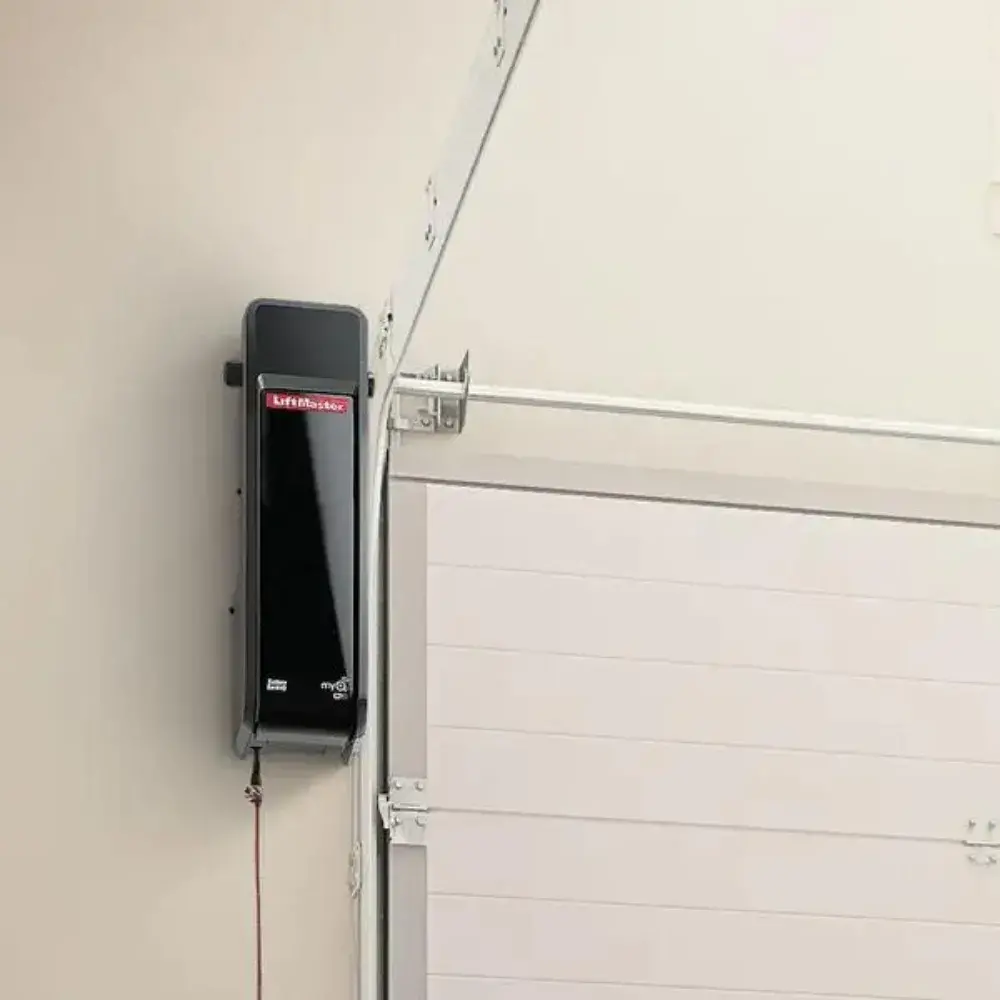Energy efficiency is an important consideration when selecting garage door openers. With growing environmental awareness and rising energy costs, homeowners are increasingly looking for ways to reduce their energy consumption. Understanding the energy efficiency of your garage door opener can help you make an informed decision that benefits both your wallet and the environment.
Modern Motor Technologies
Recent advancements in motor technology have significantly improved the energy efficiency of garage door openers. Modern motors are designed to consume less power while delivering superior performance. DC motors, in particular, are known for their efficiency and quiet operation. Unlike traditional AC motors, DC motors use less electricity, making them a popular choice for energy-conscious homeowners. Additionally, these motors often come with soft-start and soft-stop features, which reduce wear and tear on the door and further enhance energy efficiency.
LED Lighting Integration
Many contemporary garage door openers come equipped with LED lighting. LEDs are much more energy-efficient than traditional incandescent bulbs, using a fraction of the electricity while providing brighter and more consistent illumination. This not only reduces energy consumption but also ensures better visibility in your garage. LED lights have a longer lifespan, meaning you will spend less on replacements and maintenance over time. By choosing an opener with integrated LED lighting, you can enhance both the efficiency and functionality of your garage.
Insulation and Sealing
While the opener itself plays a significant role in energy efficiency, the garage door’s insulation and sealing are also crucial. A well-insulated garage door helps maintain a stable temperature inside the garage, reducing the need for additional heating or cooling. This is particularly important if your garage is attached to your home, as it can impact the overall energy efficiency of your house. Look for garage doors with high R-values, which indicate better insulation properties. Additionally, ensure that the door’s seals are intact and replace any worn weatherstripping to prevent drafts.
Energy-efficient garage door openers often feature standby modes that consume minimal power when not in use. This reduces the overall energy consumption, especially for garages that are not frequently accessed. Choosing an opener with a low standby power rating can contribute to significant energy savings over time. Furthermore, some smart garage door openers allow you to monitor and control energy usage through mobile apps, providing greater control over your energy consumption.
By focusing on energy efficiency when selecting garage door openers, you can enjoy long-term cost savings and contribute to environmental sustainability. Modern motor technologies, LED lighting, and proper insulation all play a role in enhancing the efficiency of your garage door system. As you explore your options, consider the energy-saving features and benefits to make a choice that aligns with your environmental and financial goals.
Learn More

